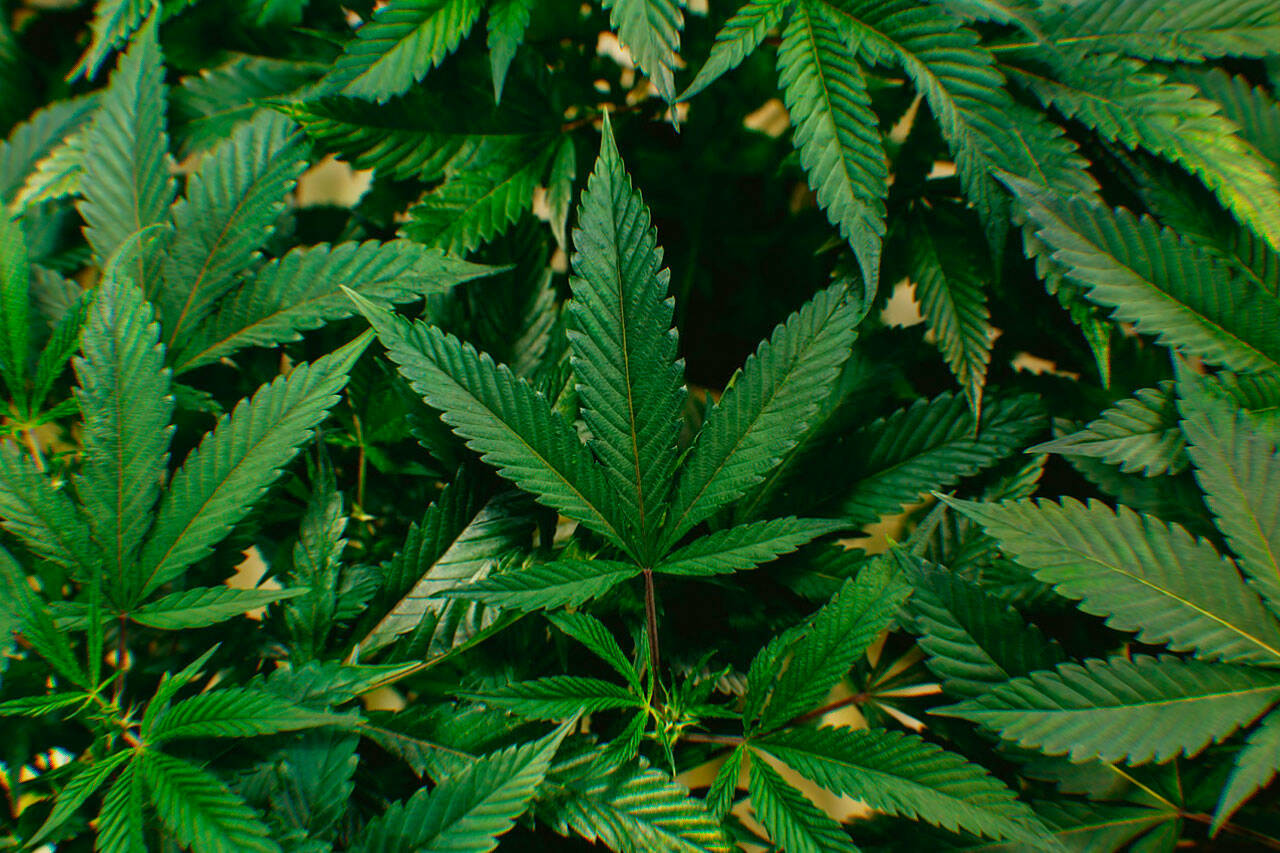"It didn't treat me, but it gave me the chance to get the rest I required to heal, and I was able to function at a much higher level than with the painkillers, that made me get up foggy every day," he said. "With marijuana, I can consume it at night and wake up with a clear head."Cannabis is an especially efficient treatment for individuals who need aid with discomfort management, in addition to those with sleep disorders or stress and anxiety; however, "there are hundreds of conditions that it deals with," Rinella said.
Medical decisions ought to not be made based upon advertising. Consult a physician on the advantages and threats of particular medical cannabis items.
The results of an online study, making up 95 participants, featured in the Journal webhitlist.com/profiles/blogs/what-is-delta-8-thc-the-hemp-derivative-that-s-a-hot-seller-5 of Alternative and Complementary Medicine in 2014. The researchers discovered that individuals chosen indica strains for discomfort management, sedation, and sleep while they would select sativa stress to enhance energy and state of mind. Concerning discomfort management, individuals reported a statistically substantial effect when using indica for: It is, nevertheless, essential to note that this study had several restrictions.
Participants did not use the marijuana in a regulated setting, potentially resulting in differences in drug composition, dose, and potency. Another study examined using organically grown sativa and indica strains in the treatment of several medical conditions. Just over half of the individuals were utilizing cannabis to treat HIV.
The results showed that indica pressures are most likely to enhance energy and appetite, while both sativa and indica pressures can reduce nausea to a similar degree. Cannabis consists of substances that may relieve discomfort, queasiness, and other signs. The elements of marijuana that many research studies concentrate on for discomfort relief are cannabidiol (CBD) and tetrahydrocannabinol (THC).
CBDTHC resembles the cannabinoid chemicals that occur naturally in the body. When individuals ingest or breathe in THC, it the brain's cannabinoid receptors. This activates the brain's reward system and decreases discomfort levels. THC is a psychedelic substance as it binds to cannabinoid receptors and produces a raised mindset, referred to as a high.
